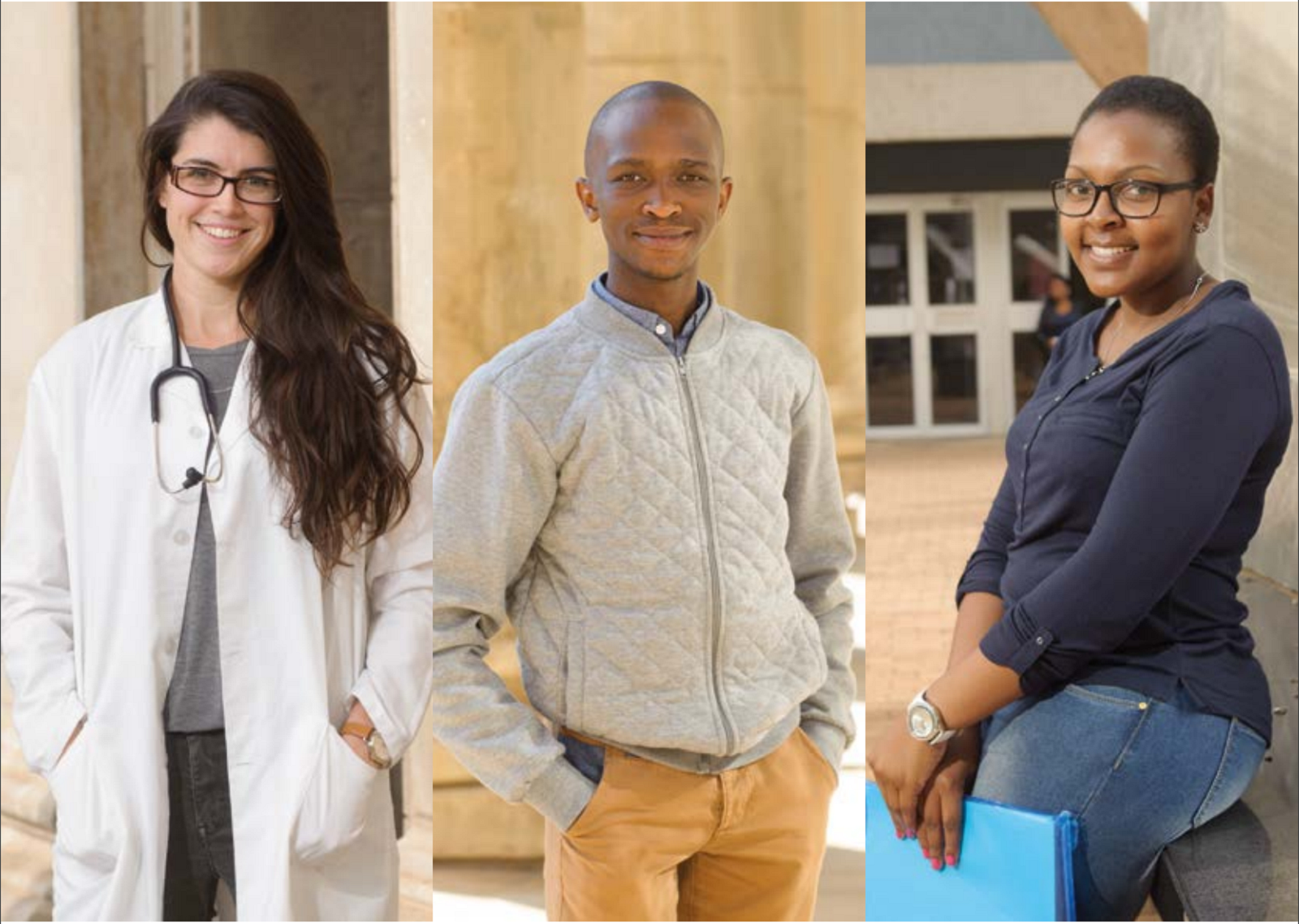
In its simplest terms, data is defined as facts and statistics collected together for reference or analysis. But in the midst of the digital age, the way we collect and generate data is constantly evolving, largely due to the introduction of multi- and social media. These days, data is produced by everything around us, resulting in the collection of large amounts of information, structured and unstructured, that is now more commonly recognised under the name of ‘Big Data’.
And in the era of the Internet, big data is extremely important to businesses and organisations in virtually every sector as it’s used as a source for ongoing discovery and analysis. Whether your field may be healthcare, communications, bandwidth or something more complex – like the mind-boggling content surrounding quantum physics – the use of big data in these industries allows people to make faster and more intelligent decisions.
The University of the Witwatersrand (Wits), an institution internationally-recognised for its high academic standards, commitment to social justice and excellent research work, is doing all it can to help us unravel the secrets of Big Data. In fact, the leading South African research institution has conducted several projects with the purpose of better informing the local and global community.

Image courtesy of the University of the Witwatersrand
Wits’ work on delivering sufficient bandwidth to meet growing big data demand is an example of how university research can greatly benefit the people. Questioning how the rise of big data and the advancement of information technology has led to serious implications in terms of delivering sufficient bandwidth supply, the qualified researchers from Wits set out to find a solution.
To solve the issue, scientists from Wits and the Council for Scientific and Industrial Research (CSIR) sought alternatives with the capacity to take over where traditional optical communications systems will soon be likely to fail. Modern optical communication systems currently stick to one pattern, largely due to technical hurdles when it comes to adding and extracting information. Through hard work and dedication, researchers at Wits demonstrated that over 100 patterns of light used in an optical communication link can potentially increase the bandwidth of communication systems by 100 times.
Through its powerful research, the institution now boasts exciting implications for fast and secure data transfer in the future, allowing them to aid technological advances around the world, and helping them establish secure quantum communication links over long distances.
Besides making breakthroughs in the world of communication, the University also has a strong focus on creating well-trained biostatisticians who analyse data that’s used to inform on public health policy and practice for the benefit of the people in Africa. “In many African countries, there is a shortage of well-trained biostatisticians. The few people that are trained are often overwhelmed,” says Professor Tobias Chirwa from Wits’s School of Public Health.
“To ensure that data is used to inform public health policy and practice for the benefit of the people in Africa, we need to prioritise training of African postgraduate biostatisticians who can provide the required analysis to a high standard,” he adds. The Professor, who heads the School of Public Health, is one of seven leading African researchers to receive funding from the Wellcome Trust and the UK’s Department for International Development.
With these additional funds, the University, with the help of other influential institutions, will be able to develop a network of biostatisticians who will deliver statistical courses for biomedical researchers, develop and implement statistical theory to analyse health data, and create framework for improved biostatistical skill among health researchers and academics in nine African countries.
Recognising the demand for highly-skilled graduates, the School of Computer Science & Applied Mathematics (CSAM) developed a BSc Honours in Big Data Analytics that caters to the needs of the industry and the scientific community.

Image courtesy of the University of the Witwatersrand
“[Wits] saw an opportunity to merge two disciplines and develop new teaching programmes at the honours level,” says Professor Ebrahim Momoniat. “This allows us to be at the forefront in South Africa with respect to the future of teaching high level computational expertise combined with advanced mathematics and statistics.”
Aimed at postgraduate computer science students, this course focuses on strong computational and mathematical foundations that are embedded in practical application. You’ll learn every facet of the big data analytics pipeline, from technology deployment, to machine learning, optimisation and multivariate statistics. The degree consists of five compulsory subjects that provide students with a broad introduction to big data analytics, as well as two electives for students to specialise in later on.
Students of this course are also required to complete a hands-on research project focusing on a real-world or industry-based problem regarding big data analytics. This project will teach students all aspects of research design methodology – from proposal and literature review, to implementation and results evaluation.
Through this comprehensive degree programme, you’ll acquire skills that will prove incredibly beneficial to your career, regardless of whether it’s in academia or any other industry. You’ll learn how to research, to think critically, to write, communicate and present effectively, and to collate and analyse large amounts of data, just to name a few.
So, if you’re searching for an institution that provides a unique skill set alongside a comprehensive degree and outstanding research opportunities, you’ll find the University of the Witwatersrand goes above and beyond to ensure graduates stand out from the crowd in Big Data Analytics.
Follow University of the Witwatersrand on Facebook, Twitter, LinkedIn and YouTube
Liked this? Then you’ll love these…
6 leading global postgraduate research universities
This is Tshimologong – Wits new digital innovation hub in Braamfontein







